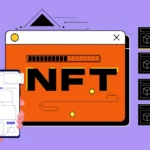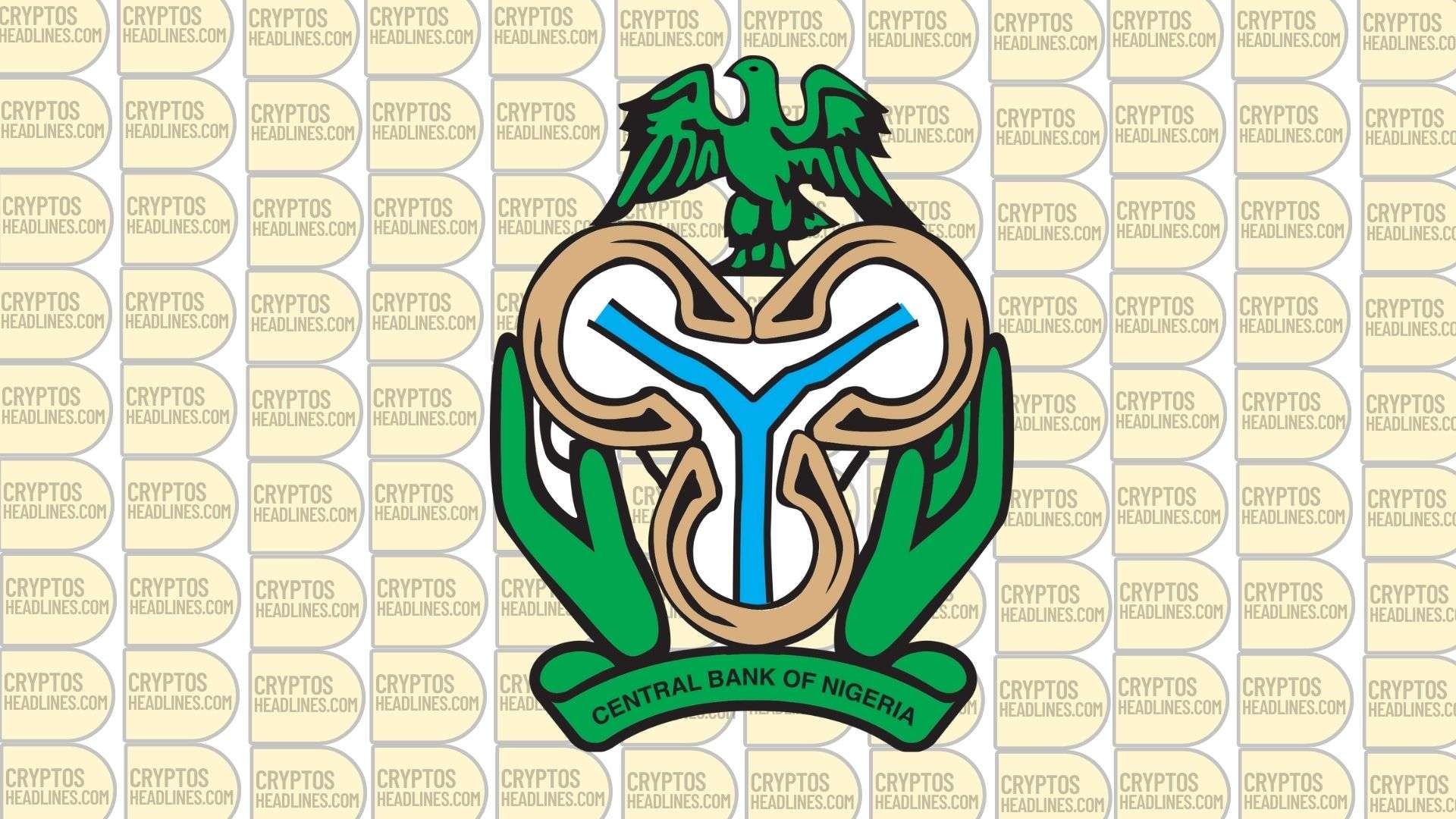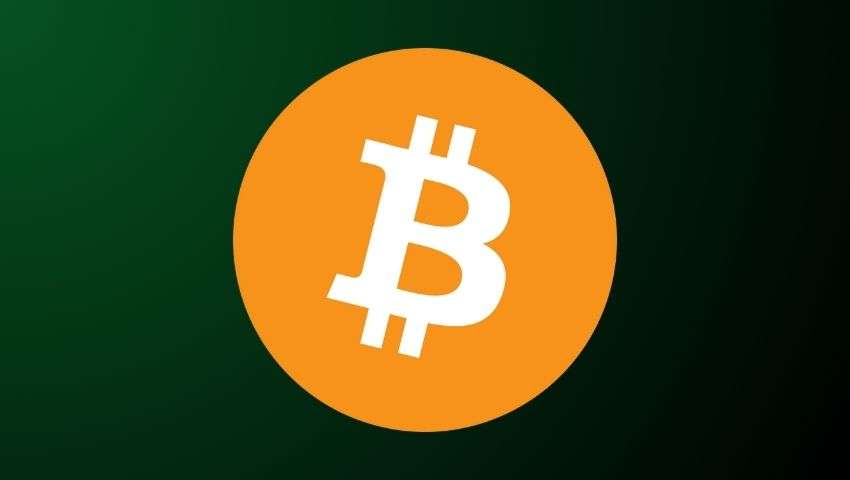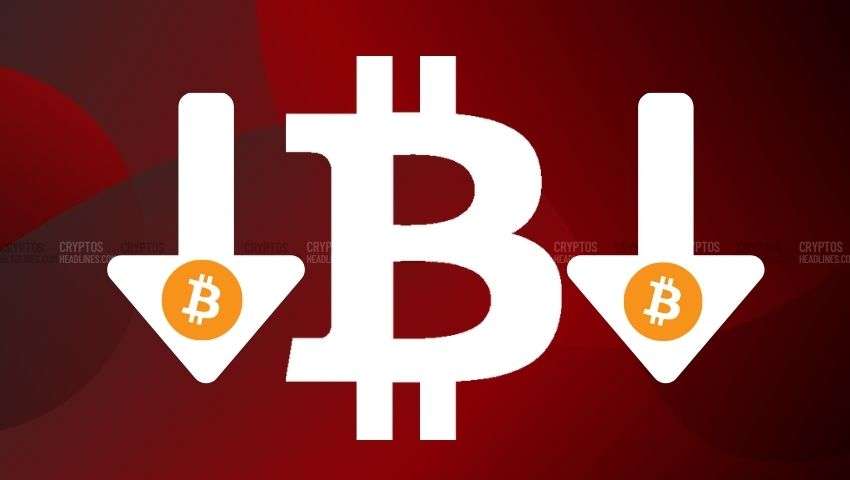Nigeria’s Securities and Exchange Commission (SEC) has ordered Binance, the largest cryptocurrency exchange globally, to halt its operations in the country.
The SEC deemed Binance’s activities as “illegal” since the exchange was not registered or regulated by the commission. This regulatory action highlights the growing scrutiny of cryptocurrency exchanges by authorities around the world.
Nigeria’s Securities and Exchange Commission (SEC) has issued a warning to the public, stating that engaging with Binance, the cryptocurrency exchange, carries inherent risks. This caution comes after Nigeria’s central bank had previously prohibited banks and financial institutions from facilitating digital currency transactions in 2021. The regulatory stance underscores the cautious approach of Nigerian authorities towards cryptocurrencies.
Despite the ban on cryptocurrency transactions by Nigeria’s central bank, residents in the country continue to engage in significant volumes of digital token transactions through peer-to-peer trading platforms, second only to the United States. The Nigerian Securities and Exchange Commission (SEC) has cautioned investors about the high-risk nature of investing in crypto-assets, emphasizing the potential for total loss of investment. The warning underscores the regulatory concerns surrounding the cryptocurrency market in Nigeria.
Also Read: Nigeria Implements 10% Crypto Tax as President Approves Finance Act
Binance has been instructed by the Nigerian Securities and Exchange Commission (SEC) to halt investment solicitations from Nigerians. The regulator has also warned of potential regulatory action against Binance and similar exchanges in the country.
Last year, Nigeria’s SEC introduced regulations for digital assets, aiming to strike a balance between a complete ban on crypto assets and unregulated use. The regulator proposed allowing tokenized coin offerings on licensed digital exchanges backed by assets like equity, debt, and property, excluding cryptocurrencies.
Binance Under Growing Regulatory Scrutiny
Binance, a prominent cryptocurrency exchange, is facing regulatory actions from both the Nigerian Securities and Exchange Commission (SEC) and the United States Securities and Exchange Commission (SEC).
The Nigerian SEC recently issued an order directing Binance to cease operations in the country, citing the exchange’s lack of registration and regulation.
This development follows the US SEC’s lawsuits against Binance, alleging that the platform operated an illegal securities exchange.
The US SEC filed 13 charges, including the operation of an unregistered exchange, against Binance and its CEO. These regulatory actions highlight the increasing scrutiny faced by Binance in multiple jurisdictions.
Binance, a major cryptocurrency exchange, has been accused by the US Securities and Exchange Commission (SEC) of violating securities laws. The agency alleges that Binance offered unregistered securities, specifically its BNB token and BUSD stablecoin, to the public. Additionally, the SEC charged Binance with failing to register as a broker and an exchange.
According to the SEC, both Changpeng Zhao (CZ), the CEO of Binance, and the company itself were aware of their violations of US laws while operating the Binance.com platform. These charges highlight the SEC’s assertion that Binance knowingly operated in contravention of regulatory requirements.
The US Securities and Exchange Commission (SEC) has alleged that Changpeng Zhao (CZ) and Binance engaged in an elaborate scheme to evade US laws. The agency claims that in 2019, CZ and Binance established BAM Management and BAM Trading with the intention of evading regulations. They allegedly portrayed the Binance.US platform as independent and restricted US customers from using the Binance.com platform.
Despite facing increasing regulatory scrutiny, Binance has not experienced significant outflows. CZ stated in a tweet that the platform witnessed a net outflow of approximately $392 million within the past 24 hours. The situation highlights the ongoing legal challenges faced by Binance amidst its efforts to navigate regulatory requirements.
CZ explained that during days characterized by significant price movements, arbitrage traders tend to transfer substantial amounts of funds between exchanges, often surpassing the typical volume seen on regular days. He cited an example from November when Binance witnessed an impressive $7 billion in withdrawals within a single day. This phenomenon highlights the increased trading activity and liquidity fluctuations observed during volatile market conditions.
Some even only measure outflow, not inflows.
On a sharp price movement day like today, many arbitrage traders move a lot of funds between exchanges, usually exponentially more than on normal days.
— CZ 🔶 BNB (@cz_binance) June 10, 2023
Also Read: Central Bank of Nigeria (CBN) Holds Firm on Restricting Withdrawal of Crypto from Commercial Banks
Also Read: Withdrawals Suspended by Nigerian Crypto Company following BTC and Naira Compromise : Patricia
Important: This article is intended solely for informational purposes. It should not be considered or relied upon as legal, tax, investment, financial, or any other form of advice.
Follow Cryptos Headlines on Google News
Join Cryptos Headlines Community










